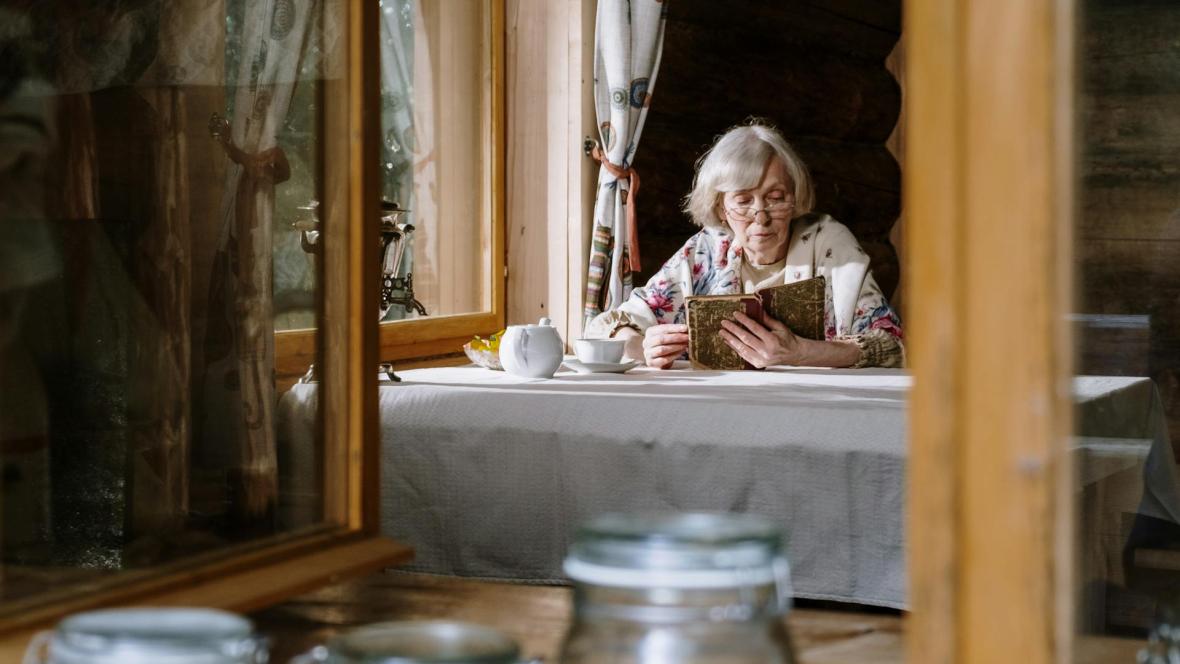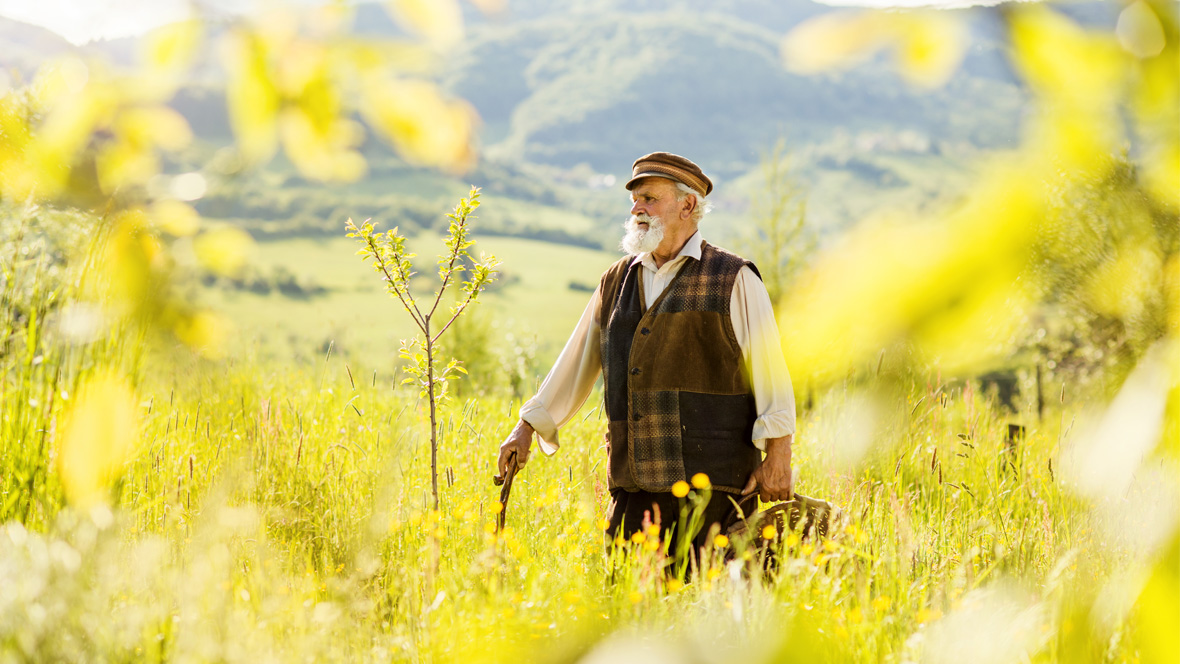The Invisible Mandate of Grandparenthood: What If We Don’t Want to Be Obliged to Care?

“There’s a fine line between helping and dependency. My husband and I found ourselves with obligations we neither expected nor wanted,” Teresa (a pseudonym), a 70-year-old woman with two grandchildren aged 8 and 12, told me as she shared her experience for a report on being forced into the role of grandparents. When Francisca’s daughter got divorced, she needed family support, and for a while, the responsibility of caring for the two children fell on her. Picking them up, giving them snacks, taking them to extracurriculars, dropping them off at home… “I couldn’t take it anymore. I felt emotional pressure and distress. It made me feel bad, even depressed,” she explains.
Like many others, this woman wants to help her children raise their kids—but not to the extent of commitment that’s sometimes expected of her (they are mostly women, but many grandfathers also take on this role and care for the little ones). For years, being a grandparent meant tenderness, experience, the transmission of values, love without the pressure of the clock or the obligations of direct parenting… It’s even said to be “a second chance” to do it better or more slowly, to parent with more calm.
But something is changing. In recent times, more and more older people are beginning to verbalize a discomfort they had previously kept to themselves. What happens when that expected role — the constantly available and affectionate caregiver — stops being voluntary and becomes a silent demand? Today’s elders enjoy good health and a desire to make the most of their newfound freedom: after retirement, they’re no longer burdened, and intense grandparenting can mean giving up on hard-earned rest, leisure, and pleasure after decades of raising their own children.
In Spain, 35% of people over 65 take care of their grandchildren several days a week, according to the Grandparents and Childrearing study by Aldeas Infantiles (2023). This is a significant figure, well above the European average of 14.9% (Eurostat). The statistic hides a more complex reality: a care network that, though it seems spontaneous and family-based, largely rests on the backs of older women. And not always willingly. “I started helping because my daughter needed it. But over time, it became fixed, unspoken, unchosen,” Teresa says.
Psychologist Montse Lacalle also told me what she has often seen in her practice: “Many older people don’t care by free choice, but because they’ve done it their whole lives. Because they think it’s their duty, because they were taught that way. And they feel that if they don’t do it, they’re failing their loved ones. It’s an internalized, almost invisible mandate.”
This idea of “having to” — of continuing to care as if it were part of the female or family DNA — can become a trap that’s hard to name. “No one forces you, but everyone assumes you will,” says psychologist and researcher Anna Freixas, one of the most outspoken critics of the unequal distribution of caregiving in old age and author of books such as I, Old Woman (Capitán Swing). “Why do we take for granted that grandmothers have to care for their grandchildren for free and with a smile?” she wondered in a conversation we had.
It’s not just about time. It’s also about health. Cardiologist Antonio Guijarro coined the term “slave grandmother syndrome” to describe the diffuse but persistent condition of chronic fatigue, anxiety, insomnia, and stress experienced by many older women who care beyond what their body and spirit can handle.
Family therapist Rosa Rabbani also notes that professionals in her field are seeing more and more overwhelmed grandmothers. “They can’t take it anymore, but they don’t know how to say so. Many lack the emotional tools to set boundaries. They feel that if they do, they’re letting someone down.” Psychologist Andrés Losada, a specialist in gerontology, warns of a disturbing paradox: “We live longer, but also with more demands. We become grandparents at older ages, with more frailty, and are asked to do more than ever. It’s a structural imbalance that hardly gets discussed.”
Everything changes when caregiving becomes an option, not a duty. Teresa, the same grandmother who once felt trapped, managed to renegotiate her role: “Now I’m with my grandchildren one day a week. It’s quality time. I no longer feel obliged. I enjoy it, because I know I also have the right to care for myself.” That right, often invisible, is what many older people are starting to claim. The right to choose how, when, and whether they want to care. “Children also need to understand that their free time can’t always come before that of their parents,” Losada insists. “We can’t romanticize the devoted grandparent without looking at the cost.”
Some families are starting to share responsibilities more evenly: they hire babysitters, rotate turns, talk about expectations. In others, it’s the grandparents themselves who choose to set limits, even if their voice trembles when they do. Because saying “enough” isn’t selfish; sometimes, it’s the only way to sustain affection without resentment. If we need grandparents, we must also accept how they choose to show up, their limits, their time. Because they’re not here to keep parenting, but to accompany—if they wish—from a different place.
Being a grandparent without being a babysitter. Loving without burning out. Saying no without guilt. All that is also part of aging with dignity. And maybe it’s time we stop idealizing grandparenthood as unconditional and limitless love. Because even the deepest love needs rest, and affection can’t be sustained by self-denial.


